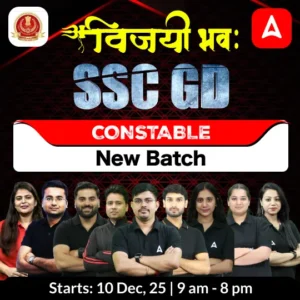Preparing for RRB NTPC requires in-depth understanding of the RRB NTPC 2025 Exam. The Candidates who are aspiring to appear for the RRB NTPC Exam 2025 can understand the syllabus for RRB NTPC 2025-26 Exam so as to stand well in the process of selection. The RRB NTPC Syllabus for CBT 1 and CBT 2 Exam 2025 can go through the article provided here
RRB NTPC Syllabus 2025
Candidates should know the important details of the RRB NTPC Exam, like the marking system, exam time, and the full syllabus for both CBT 1 and CBT 2. In the CBT 1 exam, there will be 100 questions for 100 marks, and candidates will have 90 minutes to finish the paper. We suggest practicing previous year question papers along with the RRB NTPC Syllabus to improve your score. In this article, we have provided the full list of topics included in the RRB NTPC Syllabus 2025-26 for both CBT 1 and CBT 2.
RRB NTPC Syllabus 2025: Stage 1
The questions in the exam will be objective multiple-choice and will cover three subjects: General Awareness, Mathematics, and General Intelligence & Reasoning. The difficulty level of the questions will be based on the 12th standards, and no specialization in these subjects is required. The topic-wise syllabus for Stage 1 CBT is detailed in the table below for candidates’ reference.
|
RRB NTPC EXAM Subjects (100 Marks)
|
Syllabus of RRB NTPC Topics
|
|
RRB NTPC Mathematics Syllabus (30 Marks)
|
- Number System
- Decimals
- Fractions
- LCM and HCF
- Ratio and Proportions
- Percentage
- Mensuration
- Time and Work
- Time and Distance
- Simple Interest and Compound Interest
- Profit and Loss
- Elementary Algebra
- Geometry
- Trigonometry
|
|
RRB NTPC General Awareness Syllabus
(40 Marks)
|
- Current Events of National and International Importance
- Monuments and Places of India
- Games and Sports
- Art and Culture of India
- Indian Literature
- Indian Polity and Governance- constitution and political system
- General Science and Life Science (up to 10th CBSE)
- History of India and Freedom Struggle
- UN and Other Important World Organizations
- Physical, Social, and Economic Geography of India and the World
- General Scientific and Technological Developments, including the Space and Nuclear Program of India
- Environmental Issues Concerning India and the World at Large
- Basics of Computers and Computer Applications
- Abbreviations
- Indian Economy
- Flagship Government Programs
- Famous Personalities of India and the World
- Important Government and Public Sector Organizations of India, etc.
|
|
RRB NTPC General Intelligence and Reasoning Syllabus (30 Marks)
|
- Completion of Number and Alphabetical Series
- Mathematical Operations
- Relationships
- Analogies
- Analytical Reasoning
- Syllogism
- Data Sufficiency
- Statement- Conclusion
- Statement- Courses of Action
- Decision Making
- Coding and Decoding
- Jumbling
- Venn Diagrams
- Puzzle
- Interpretation of Graphs, etc.
|
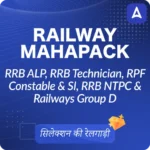
RRB NTPC Stage 2 Syllabus 2025
The topics for Stage 2 will be similar to those in Stage 1 but will differ in the marking scheme and exam duration. The difficulty level of the questions will also be higher, focusing more on analytical and decision-making skills. The RRB NTPC Syllabus 2025 for Stage 2 includes the following topics:
| RRB NTPC Subjects (120 Marks) |
RRB NTPC Exam syllabus
Subject-wise Topics |
| RRB NTPC General Awareness Syllabus (50 Marks) |
- Current Events of National and International Importance
- Monuments and Places of India
- Games and Sports
- Art and Culture of India
- Indian Literature
- Indian Polity and Governance- constitution and political system
- General Science and Life Science (up to 10th CBSE)
- History of India and Freedom Struggle
- UN and Other Important World Organizations
- Physical, Social and Economic Geography of India and the World
- General Scientific and Technological Developments, including the Space and Nuclear Program of India
- Environmental Issues Concerning India and the World at Large
- Basics of Computers and Computer Applications
- Abbreviations
- Transport Systems in India
- Indian Economy
- Flagship Government Programs
- Flora and Fauna of India
- Famous Personalities of India and the World
- Important Government and Public Sector Organizations of India etc.
|
RRB NTPC Maths syllabus:
Mathematics (35 Marks) |
- Number System
- Decimals
- Fractions
- LCM and HCF
- Ratio and Proportions
- Percentage
- Mensuration
- Time and Work
- Time and Distance
- Simple Interest and Compound Interest
- Profit and Loss
- Elementary Algebra
- Geometry
- Trigonometry
- Elementary Statistics, etc.
|
| RRB NTPC General Intelligence and Reasoning Syllabus (35 Marks) |
- Completion of Number and Alphabetical Series
- Mathematical Operations
- Similarities and Differences
- Relationships
- Analogies
- Analytical Reasoning
- Syllogism
- Data Sufficiency
- Statement- Conclusion
- Statement- Courses of Action
- Decision Making
- Maps
- Coding and Decoding
- Jumbling
- Venn Diagrams
- Puzzle
- Interpretation of Graphs, etc.
|
RRB NTPC Syllabus: Subject-wise Breakdown
The subject-wise breakdown for RRB NTPC Syllabus for History, Polity, Geography, etc, is provided in this article. Candidates preparing for the RRB NTPC Exam 2025 can go through the topics mentioned below.
RRB NTPC Syllabus: History
The History subject in the RRB NTPC exam is divided into three categories: Ancient, Medieval, and Modern. It covers a broad range from the prehistoric era to the Indian Struggle for Independence. Candidates should review the specific History topics included in the RRB NTPC exam syllabus to ensure comprehensive preparation.
| RRB NTPC History Topics |
Chapters of History |
| Ancient History of India |
Pre-historic Period |
| Harappan civilization |
| The Vedic Civilization & Culture |
| The emergence of Mahajanapadas & Magadh |
| Religious Revolution |
| The Mauryan Empire |
| The Sangam Age |
| The Gupta Empire |
| Post-Gupta Period / Vardhana Dynasty |
| India After Harsha |
| Medieval History of India |
Rajput Age |
| Sultanate Period |
| The Vijayanagar Empire |
| Sufi and Bhakti Movement |
| The Mughal Empire |
| Maratha State & Maratha Confederacy |
| Advent Of Europeans |
| Modern History of India |
Expansion Of British Power |
| Economic Impact Of British Rule |
| Socio-Religious Movements in the 19th -20th Century |
| Revolt of 1857 |
| Moderate, Extremist Phase Of Congress |
| The Indian National Movements |
| The Gandhian Era |
| First Phase Of Independence |
RRB NTPC Syllabus: Indian Polity
Polity consists of various features of the constitution of India, important articles, parts & schedules, constitutional bodies, etc. The following topics are important for preparing for the Polity Syllabus in the RRB NTPC Syllabus 2025.
| RRB NTPC Syllabus for Polity |
- Evolution of the Indian Constitution,
- Constituent Assembly and Making of the Constitution,
- Different Sources of the Indian Constitution,
- Important Articles of the Constitution
- Important Amendments of the Constitution
- Some Special features of the Indian Constitution.
- Federal and Unitary Features of the Indian Union
- The preamble
- Lapse of Paramountcy
- Integration and Merger of Indian States
- The Union and its Territories
- Reorganization of States
- Citizenship
- Fundamental Rights
- Directive Principles of State Policy
- Fundamental Duties
- The procedure of amending the Constitution
- Executive of the Union
|
- The Supreme Court
- The High Court
- Inter-State Council
- Finance Commission
- Planning Commission
- National Development Council
- National Integration Council
- Inter-State Relations
- Emergency Provisions
- Public Service Commissions
- Election
- Delimitation Commission of India
- The Official Languages
- National Symbols
- The Parliament of India
- Executive of the States
- Special Position of J & K
- Panchayats
- Municipalities
|
RRB NTPC Syllabus: Geography
Geography contains questions of two types. The first is the physical geography of India and the world and Human Geography. Here is the detailed syllabus and the names of topics that are covered during the RRB NTPC Syllabus for CBT 1 and CBT 2.
| Geography Syllabus For RRB NTPC 2025 |
- The Solar System
- Continents and Oceans
- Biosphere, Lithosphere, Hydrosphere
- Latitudes and Longitudes
- Different heat zones of the Earth
- Longitudes and time zones
- International Date Line
- The motion of the Earth – Effect of the tilted axis on day and night
- The Atmosphere (composition and layers of the Atmosphere)
- Weather and Climate
- Atmospheric Pressure
- Internal Structure of the Earth
- Rocks
- Earthquakes and Volcanoes
- Various Landforms (Mountains, Plateaus, Plains, Grasslands, Landforms created by the river system, Landforms created by a glacier, Landforms created by the action of wind, Landforms created by the actions of Groundwater)
- Changed names
- Continent earth area
- Continents’ highest and lowest points
- The three deepest oceans
|
- The Indian Subcontinent: Position, extent, and physical features,
- Climatic diversity in the Indian Sub-continent
- Soil resources of the Indian sub-continent, Agriculture in India, Land use pattern of India
- Water resources and their utilization in India
- Multipurpose river valley projects
- Transport in India
- India-Facts and figures (States and their capitals, Population of India and states, Wildlife sanctuaries and national parks in India, Important Irrigation and power projects, Indian satellites).
- General introduction to Asia.
- Geography of the Indian subcontinent: Countries with their capitals and currency
- Riverside cities
- Wonders of the world
- Countries and their main products and industries
- Towns are associated with important industries.
- Famous Sites (India), Famous Sites (World),
- Highest mountain peaks (world)
- Important boundary lines
- Tribes and their homelands
|
RRB NTPC Syllabus: Economics
Economics is one of the most important subjects asked in the RRB NTPC exam. It can be classified into microeconomics and macroeconomics. The focus of this section will be on the Indian Economy and its various features.
| Economics Syllabus |
- Highlights of the Indian Economy
- Economy and Economics
- Characteristics of the Indian Economy
- Agriculture & Land Development
- National Income
- Planning
- Unemployment
- Trade & Commerce
|
- Indian Fiscal System
- Banking in India
- Tax System
- Industry
- Foreign Trade
- New Economic Policy
- Indian Financial System
|
RRB NTPC Science Syllabus
Basic Elementary Science is one of the most important subjects, which can be divided into Physics, Chemistry, and Biology. The questions are asked based on the real-life applications of the concepts and the latest developments in the field of science and technology.
| Physics |
Chemistry |
Biology |
- Unit
- Motion
- Work, Energy and Power
- Gravitation
- Pressure
- Floatation
- Surface Tension
- Viscosity
- Elasticity
- Simple Harmonic Motion
- Wave
- Sound Wave
- Heat
- Light
- Static Electricity
- Current Electricity
- Magnetism
- Atomic & Nuclear Physics
- Electronics
- Scientific Instruments
- Inventions
- Important Discoveries Relating to Physics
- Various Units of Measurement- Weight
- Conversion of Units from one System to another System
|
- Substance & its nature
- Atomic Structure
- Periodic Classification of Elements
- Chemical Bonding
- Oxidation & Reduction
- Acids, Bases & Salts
- Behavior of Cases
- Electrolysis
- Carbon & Its Compounds
- Fuels
- Metallurgy
- Important Facts About Some Metals
- Non-Metals
- Common Facts
|
- Introduction
- Classification of Organisms
- Cytology
- Genetics
- Organic Evolution Botany: Classification of Plant Kingdom, Plant Morphology, Plant Tissue, Photosynthesis, Plant Hormones, Plant Diseases, Ecology, Pollution.
- Zoology: Classification of the Animal Kingdom, Animal Tissue
- Human Blood
- The system of the Human Body
- Nutrients
- Human Diseases
|
Note: The typing test is only applicable to the candidates who have applied for the posts of Junior Accounts Assistant cum Typist, Junior Clerk cum Typist, Senior Clerk cum Typist, Accounts Clerk cum Typist.
RRB NTPC Syllabus PDF
The RRB NTPC Syllabus PDF is released along with the official Notification by the Railway Recruitment Board. Candidates preparing for the exam can download the NTPC Syllabus 2025 PDF from the official web portal, which contains detailed information about the exam pattern and syllabus.
RRB NTPC 2025 Preparation Tips
Candidates preparing for the RRB NTPC Exam 2025 should follow a well-organized study plan based on the detailed exam pattern and syllabus. Here are some key strategies to enhance your RRB NTPC preparation:
- Prepare detailed notes for each topic listed in the syllabus. This will help reinforce your understanding and serve as a quick reference.
- Use a few trusted study materials and review them multiple times to avoid confusion and information overload.
- Prioritize accuracy over speed in the initial stages of preparation. This helps build a strong foundation.
- Solve past exam papers to understand the type of questions and the exam’s difficulty level.
- Start with sectional tests to focus on specific areas, then move on to full-length tests. This helps identify and improve weak areas.
- Keep track of mistakes made during practice and revise them regularly to avoid repeating them in the actual exam.
- In the final stages of preparation, concentrate on revising key concepts and practicing timed questions to build exam readiness.
- Focus on national and international events from the last six months to one year to prepare for current affairs questions.
- Schedule breaks during study sessions to rest and refresh your mind.
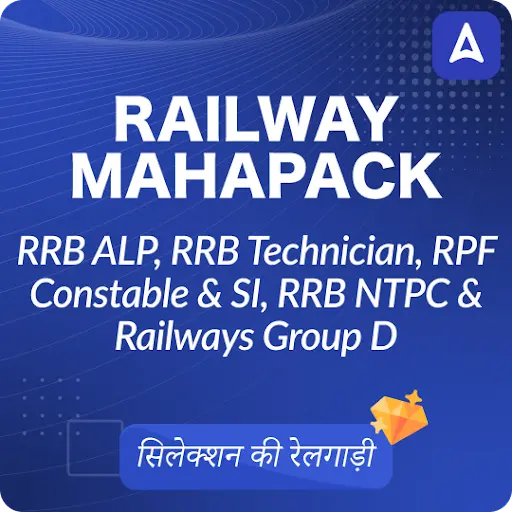

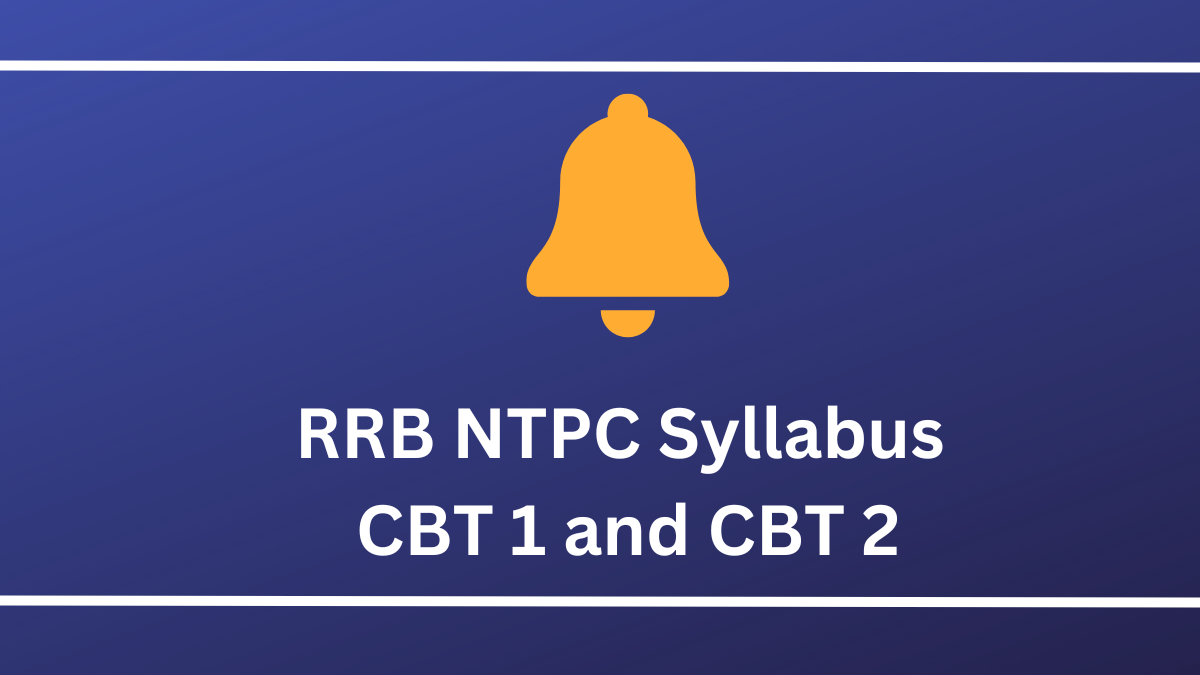



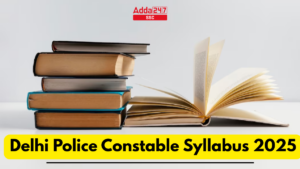 Delhi Police Constable Syllabus 2025 and...
Delhi Police Constable Syllabus 2025 and...
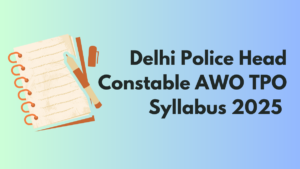 Delhi Police Head Constable AWO TPO Syll...
Delhi Police Head Constable AWO TPO Syll...
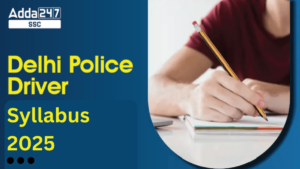 Delhi Police Driver Syllabus 2025 and Ex...
Delhi Police Driver Syllabus 2025 and Ex...
